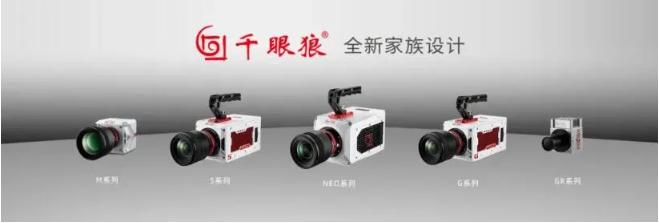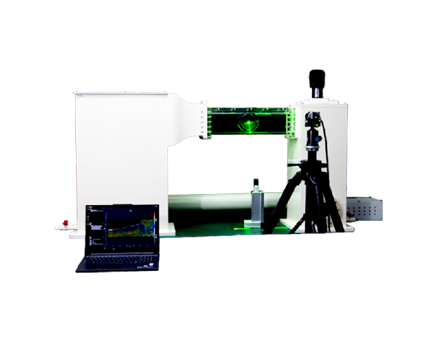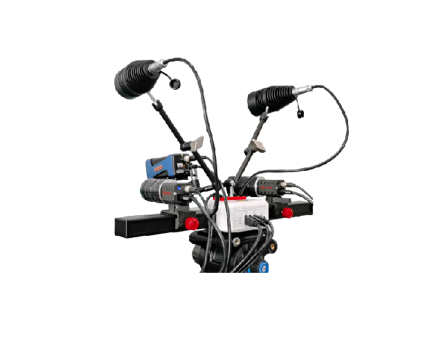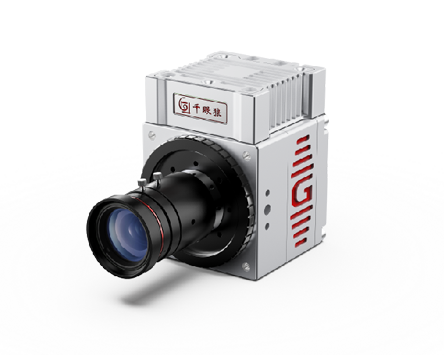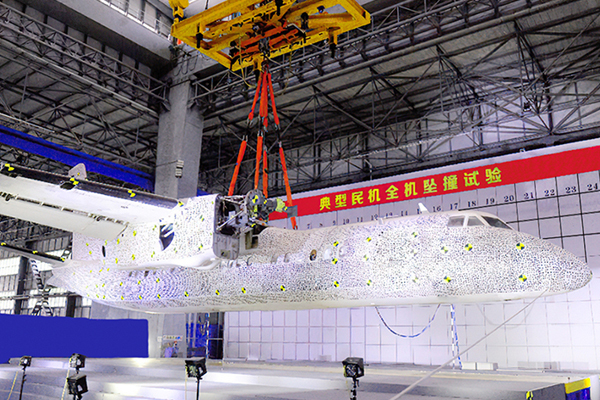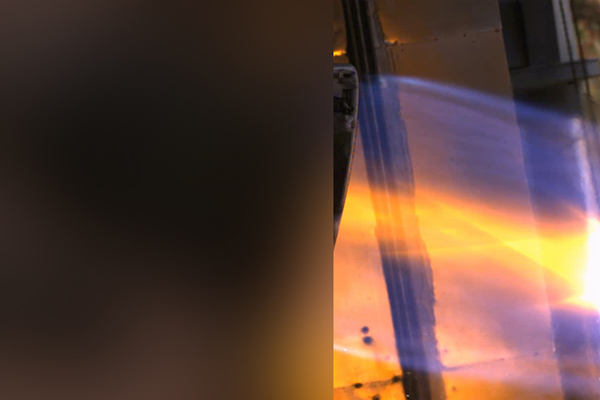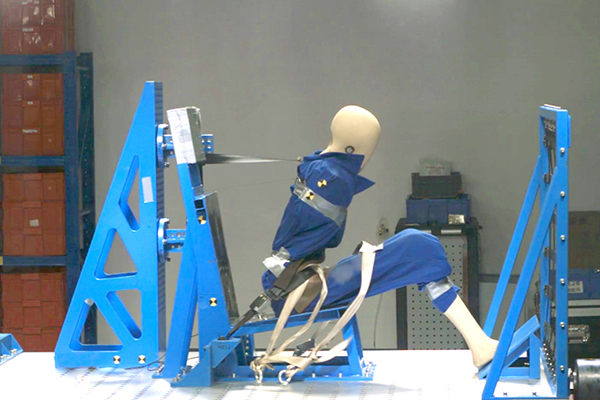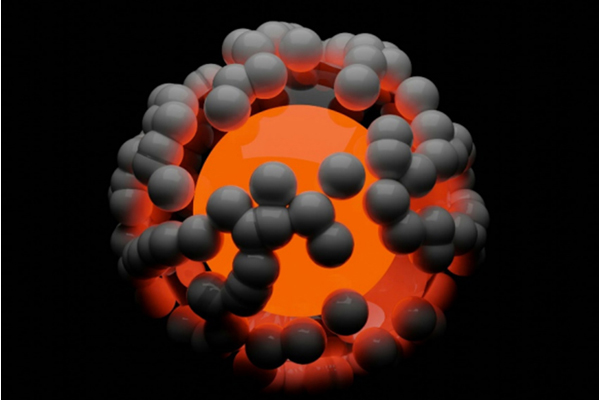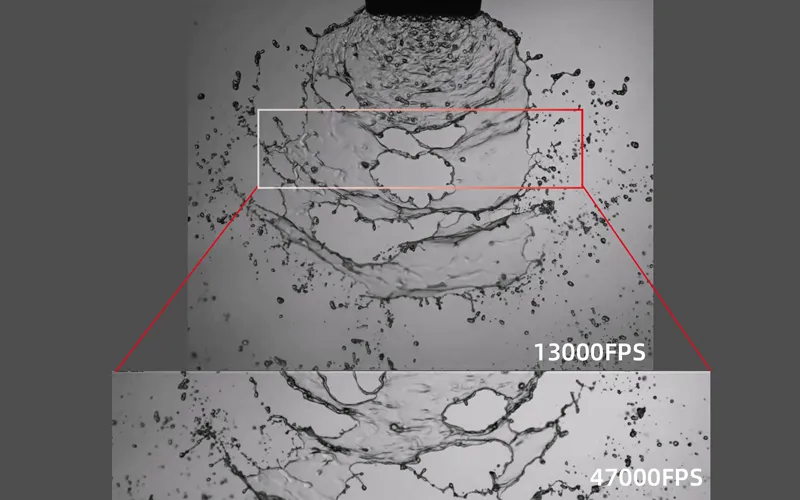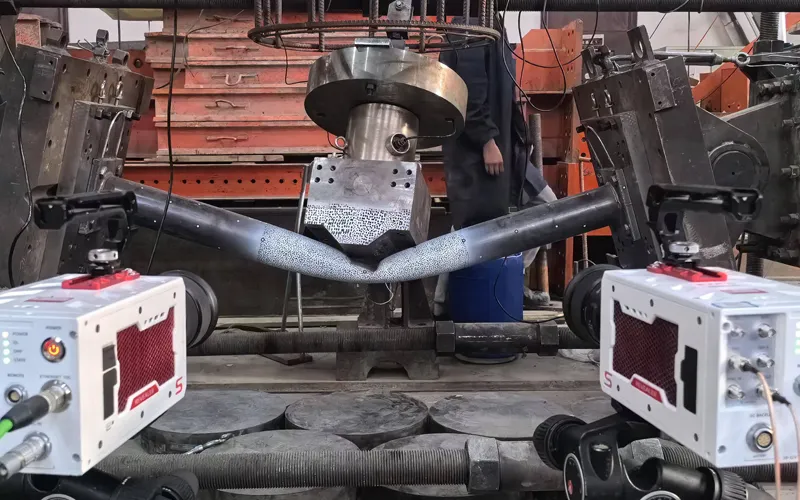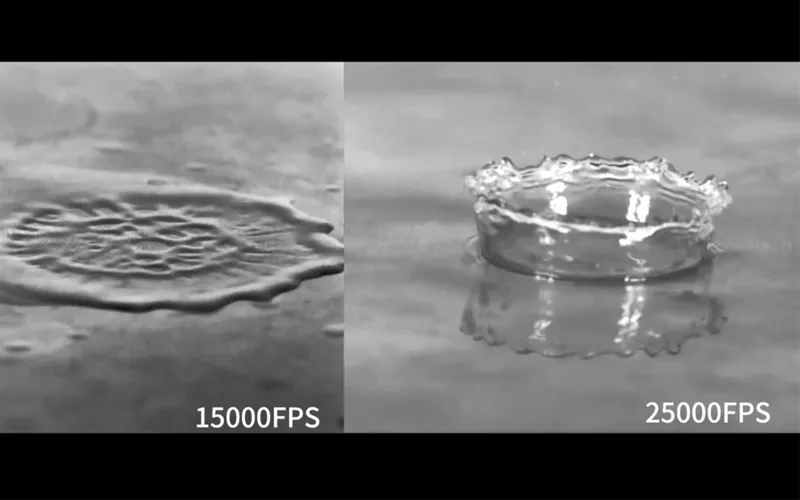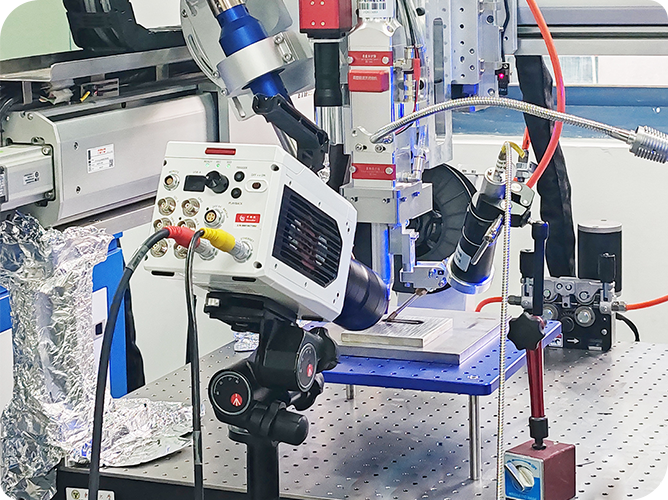
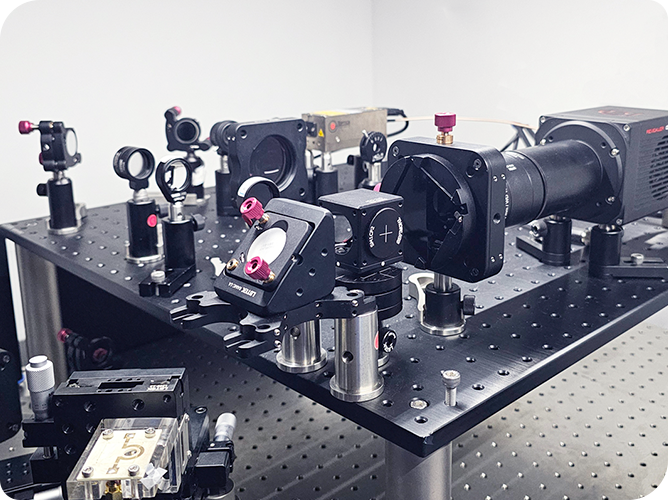
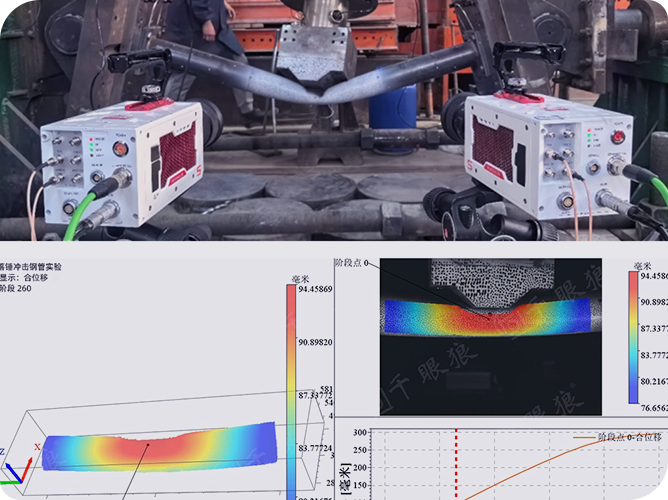
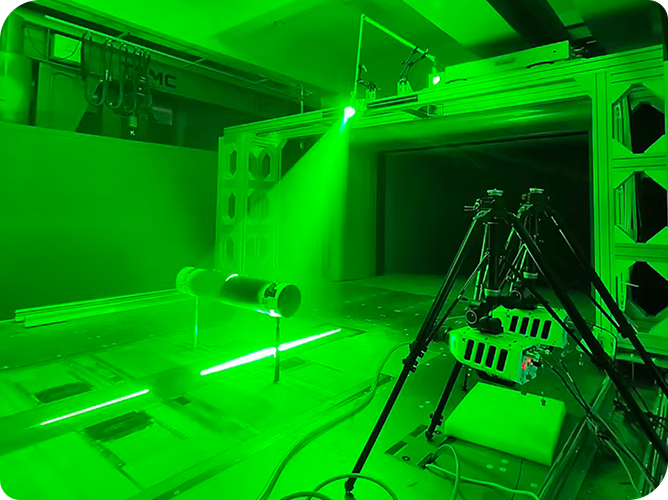
1. Experimental Background
3D3C-PIV, or tomographic PIV, is a common PIV measurement system that supports instantaneous measurement of all three velocity components in a three-dimensional volume. The calculation process of the three-dimensional velocity field can be divided into three steps: volume calibration, voxel space reconstruction, and three-dimensional cross-correlation calculation (as shown in Figure 1).
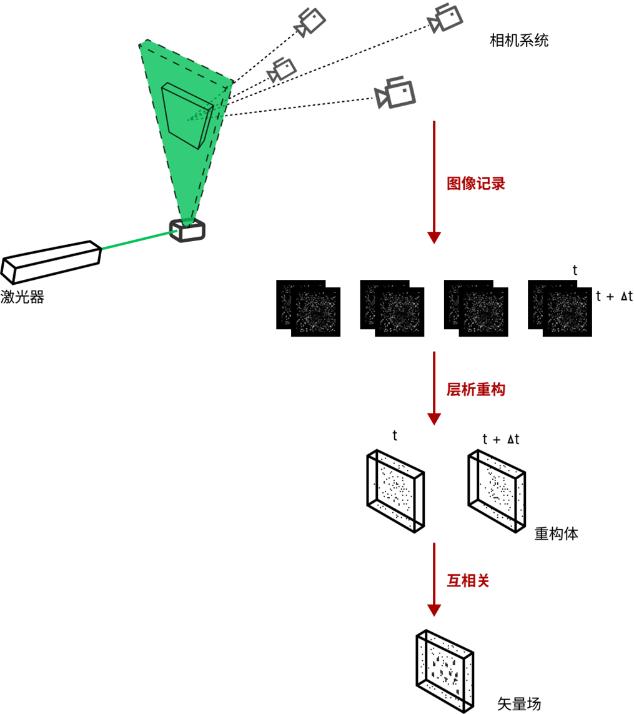
Figure 1 3D3C PIV calculation steps
When there are too many valid voxels or calculation windows in flow field calculation, such as the calculation of stirring flow field and jet flow field, traditional CPU single-thread calculation takes a long time, or the calculation result cannot be calculated due to insufficient memory space.
GPU, that is, through CUDA programming, can execute thousands of threads simultaneously, support large-scale parallel computing of images, and significantly improve the efficiency of PIV flow field calculation.
2. Purpose of the experiment
Quantitatively verify the GPU acceleration performance under common flow fields with different particle numbers.
3. Experimental Environment
operating system | W indow10 |
CPU Model | INTEL 13790F |
GPU Model | NAVIDIA RTX4070TiS |
Table 1 Experimental test environment
4. Experimental design
4.1 Design the flow field conditions of the four experiments as follows (see attached figure for the original images):
Flow field type | Flow field description | Flow field space size (mm) | Image resolution | Total number of voxels | Number of valid voxels | Fluid calculation windows | Number of valid windows |
Small number of particles, sparse distribution | x(-20.0, 35.0) | 1280x1024 | 75,191,040 | 7781 | 3654 | 590 | |
Simulation of advection field | y(-20.0, 20.0) | ||||||
z(-7.0, 4.0) | |||||||
The number of particles is small and the distribution is sparse | x(-50.0, 50.0) | 1280x1024 | 48,468,222 | 32201 | 1995 | 850 | |
Actual experimental data, particles stirring in water | y(-45.0, 45.0) | ||||||
z(-8.0, 5.0) | |||||||
There are many particles, distributed in the middle of the field of view | x(-105.0, 105.0) | 2560x1920 | 623,661,472 | 1.32 million | 31752 | 13111 | |
Actual experimental data, particles stirring in water | y(-52.5, 97.5) | ||||||
z(-15.0, 12.0) | |||||||
The total number of particles is large and densely distributed throughout the field of view | x(-50.0, 50.0) | 2560x1920 | 892,984,616 | 320 million | 46410 | 46410 | |
Jet gas flow field | y(-40.0, 40.0) | ||||||
z(-18.0, 0) |
Table 2 Experimental conditions design table
by four Revealer's PIV high-speed cameras are shown in Figures 2 to 5:
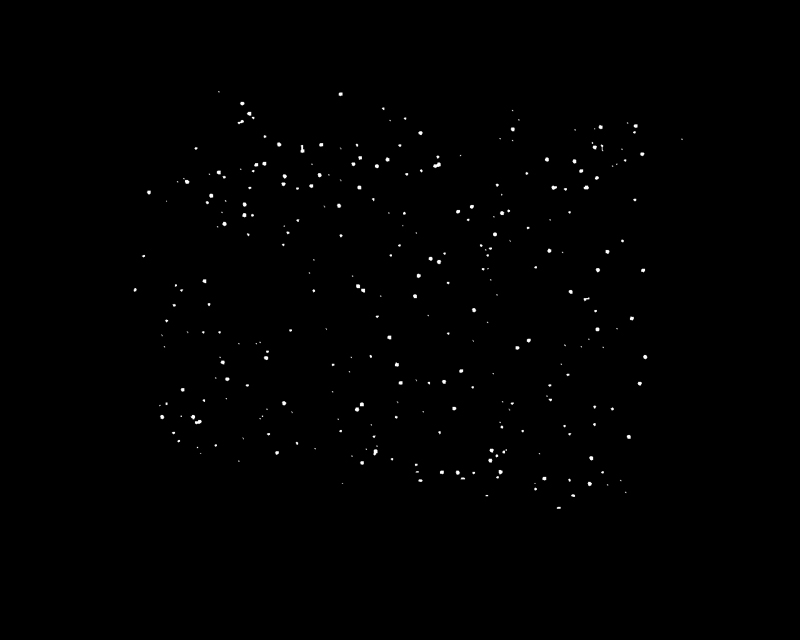
Figure 2 Experimental flow field 1-original image of simulated flat flow field
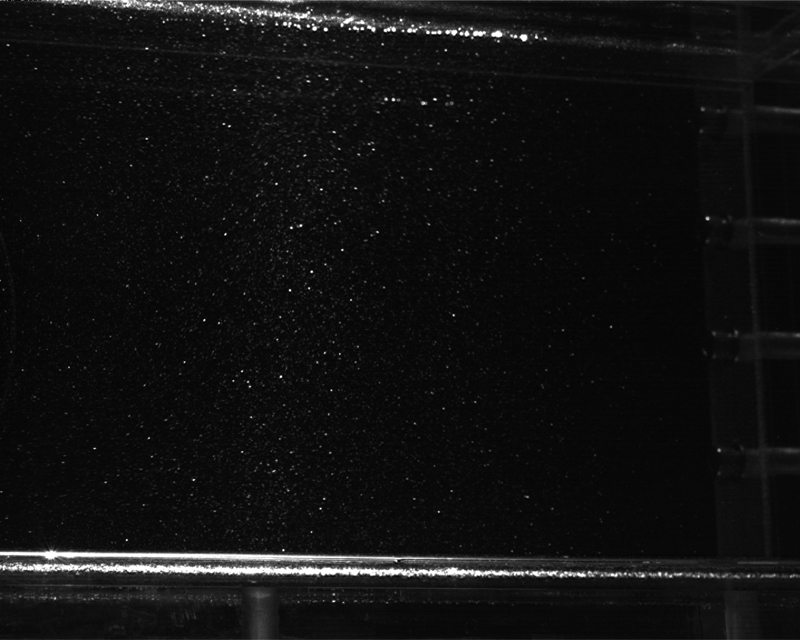
Figure 3 Experimental flow field 2 - original image of stirred water flow field (few particles)
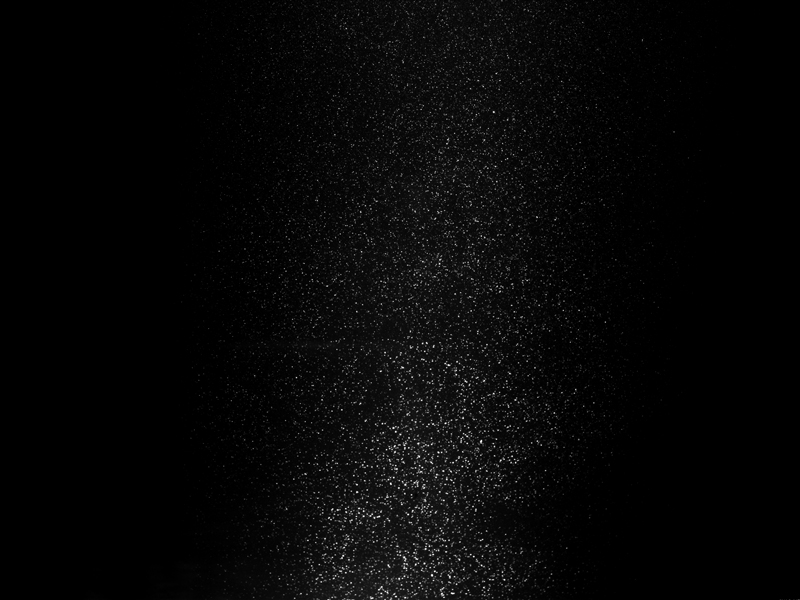
Figure 4 Experimental flow field 3 - original image of stirred water flow field (multiple particles)
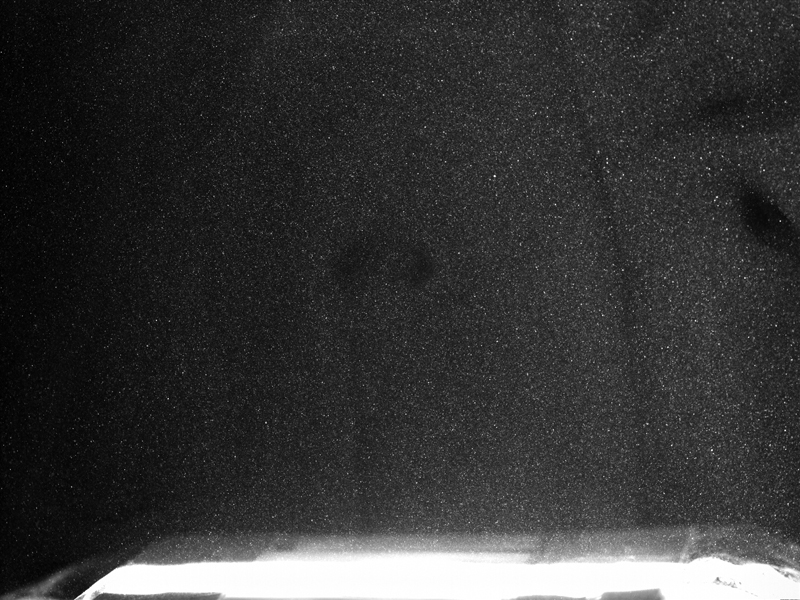
Figure 5 Experimental flow field 4 - original image of jet flow field
4.2 The 3D3C-PIV calculation steps are divided into two stages, and the GPU speed-up performance is quantitatively studied in stages.
Based on the voxel space reconstruction calculation stage, the calculation time of GPU and CPU is compared horizontally.
In the three-dimensional cross-correlation calculation stage, a horizontal quantitative comparison of the GPU and CPU calculation time is performed.
5. Experimental data
5.1 Experiment 1-Simulation of advection field
5.1.1 Horizontal comparison of CPU voxel space reconstruction and GPU voxel space reconstruction calculation results. Figure 6 above is CPU, and Figure 6 below is GPU
有视屏
Figure 6 CPU voxel space reconstruction calculation results
有视屏
Figure 6 GPU voxel space reconstruction calculation results
Timing results: The CPU took 15.8 seconds, the GPU only took 1.2 seconds, and the reprojection error evaluation was 1.
5.1.2 Horizontal ratio of CPU and GPU 3D cross-correlation calculation results. Figure 7 above is CPU, and Figure 7 below is GPU
有视屏
Figure 7 CPU 3D cross-correlation calculation results
有视屏
Figure 7 GPU 3D cross-correlation calculation results
Timing results: The CPU took 2.9 seconds, while the GPU took only 0.8 seconds.
5.2 Experiment 2-Stirred Water Flow Field (Few Particles)
5.2.1 CPU voxel space reconstruction and GPU voxel space reconstruction calculation results horizontal ratio, Figure 8 above is CPU, Figure 8 below is GPU
video
Figure 8 CPU reconstruction calculation results
video
Figure 8 GPU reconstruction calculation results
Timing results: The CPU took 3.2s, and the reprojection error was 0.9849; the GPU only took 0.9s, and the reprojection error was 0.9749.
5.2.2 Horizontal ratio of CPU and GPU 3D cross-correlation calculation results. Figure 9 above is CPU, and Figure 9 below is GPU
有视屏
Figure 9 CPU cross-correlation calculation results
有视屏
Figure 9 GPU cross-correlation calculation results
Timing results: CPU took 2.1s, GPU only took 0.8s.
5.3 Experiment 3-Stirred Water Flow Field (Multiple Particles)
5.3.1 Horizontal comparison of CPU voxel space reconstruction and GPU voxel space reconstruction calculation results. Figure 10 above is CPU, and Figure 10 below is GPU
有视屏
Figure 10 CPU reconstruction calculation results
有视屏
Figure 10 GPU reconstruction calculation results
Timing results: CPU took 35.6s, and the reprojection error was 0.9762; GPU only took 8.0s, and the reprojection error was 0.9723.
5.3.2 Horizontal comparison of CPU and GPU three-dimensional cross-correlation calculation results. Figure 11 (upper) shows the CPU, and Figure 11 (lower) shows the GPU.
有视屏
Figure 11 CPU cross-correlation calculation results
有视屏
Figure 11 GPU cross-correlation calculation results
Timing results: CPU took 76.0s; GPU only took 11.4s.
5.4 Experiment 4-Jet Flow Field
5.4.1 Comparing the calculation results of CPU voxel space reconstruction and GPU voxel space reconstruction , the CPU is unable to calculate, the GPU takes about 20.0s, and the reprojection error is evaluated as 0.9946.
5.4.2 CPU and GPU 3D cross-correlation calculation results are compared horizontally. The CPU is still unable to calculate, and the GPU calculation takes about 40 seconds. Figure 12 shows the GPU.
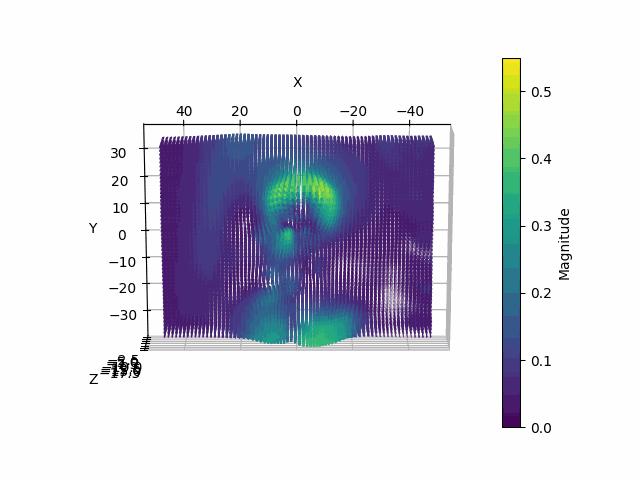
Figure 12 GPU cross-correlation calculation results
5.5 Experimental Conclusion
After the calculation time of the two stages is combined, the horizontal comparison result is shown in Figure 13. The particles are relatively dense, and the GPU has a greater advantage in speeding up. In Experiment 4, when the particles are very dense, the CPU is no longer able to calculate, but the GPU can still complete the voxel reconstruction + 3D cross-correlation operation.
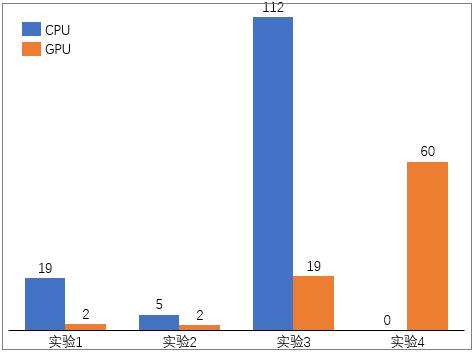
Figure 13 Comparison of the time consumption of reconstruction + cross-correlation calculation in four groups of experiments
Revealer's PIV flow field measurement software with integrated GPU acceleration technology can process a large amount of image data simultaneously, maximize the use of memory and cache, and is suitable for the calculation of complex flow fields in three-dimensional space.
Attached is Revealer's self-developed PIV flow field measurement software and hardware
Self-developed PIV measurement software, suitable for 2D2C, 2D3C, 3D3C, PTV, bubble measurement and other application scenarios
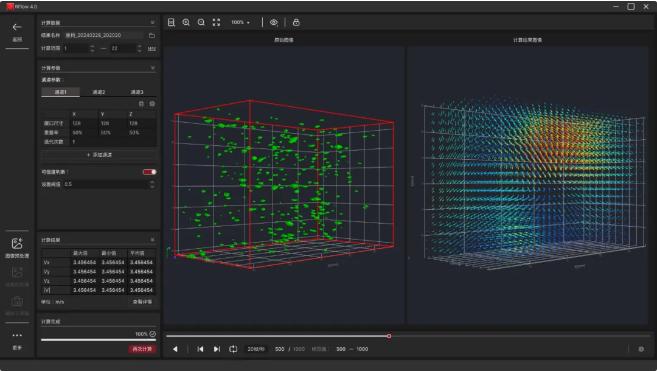
Autonomous and controllable PIV high-speed camera, PIV ultra-clear camera
